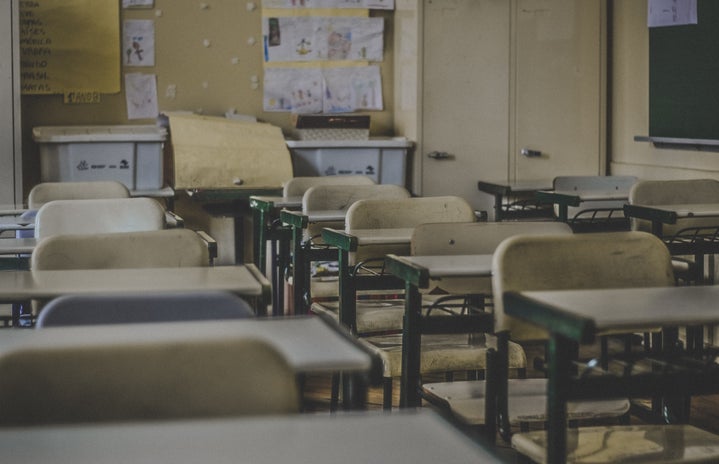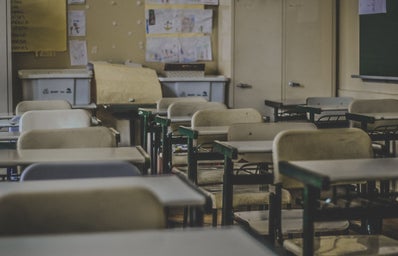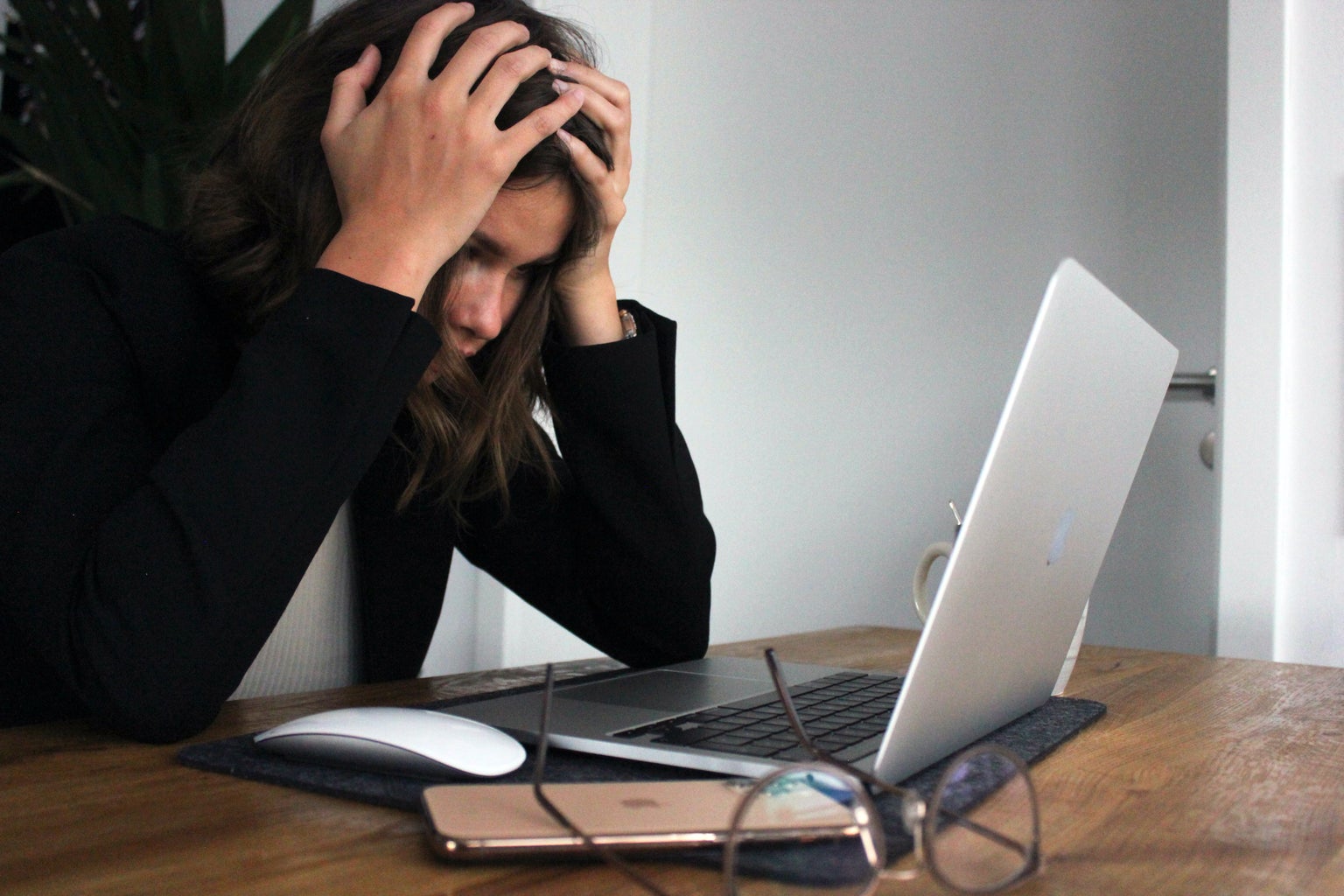The COVID-19 pandemic shut down everyday, normal life in March 2020. Everything went into lockdown, and nobody was quite sure what the next step would be. This shutdown also caused a major shift in the way schools functioned. It affected students and their learning habits, and teachers and their teaching methods. According to the National Center for Education Statistics, “Eighty-seven percent of public schools reported that the COVID-19 pandemic has negatively impacted student socio-emotional development during the 2021–22 school year.”
Not only has the COVID-19 pandemic affected students and their learning habits, but it has also affected teachers. I recently interviewed a fourth-grade teacher from Massachusetts who is teaching her sixth year this year. From her interview, it was clear that the pandemic added even more to a teacher’s workload during the school year. From having to switch every single classwork into a digital copy to teaching in a hybrid setting (both in-person and online learning) where the health and well-being of her students had to be closely monitored, this shift in learning drastically changed the way schools functioned. “77 percent of public schools also reported that finding substitute teachers has become more difficult during the pandemic”, according to the National Center for Education Statistics. So, when teachers do need a break from teaching, it’s difficult to find someone to take over for them.
I wanted to weigh in on a teacher’s perspective on what teaching in the midst of the pandemic was like for her. I asked the following questions to be able to gain an understanding of her world.
- How did you find the shift from teaching in person to teaching online at the start of the pandemic?
-
“Very different.” Those were the first words she began her answer with. Despite this shift being very different, she actually found that she adapted well. Before the pandemic, she already used Google Classroom to assist with classwork and homework. She also thought she used more technology than the other teachers at her school, so this could have been why she adapted better. However, she had to recreate every paper worksheet digitally, learn new platforms other than Google Classroom, and completely redo her schedule.
- What was your main concern when you returned to in-person teaching even when the pandemic was still occurring?
-
She taught three cohorts starting in September 2020; a time in which many schools switched to hybrid learning after being online from March 2020 to June 2020. Cohort A was taught Mondays and Tuesdays, Cohort B was taught Thursdays and Fridays, and Cohort C was taught all four days. Wednesdays were used as cleaning days in which the school was deep cleaned between the cohorts. She described how she had equal concerns during this time, but her number one priority was the health and safety of her students. A lot of the students had a difficult time keeping their masks on and maintaining a safe distance between their peers.
- How have the students’ academic performances been affected?
-
She noticed that during the first full school year back to full-time in-person learning (the 2021-2022 school year) there was a big decrease and gap in skills. Students were reading at a first or second-grade level, despite being in fourth grade. Additionally, the students were not used to being in school for seven hours straight. She had to rebuild the students’ stamina and reteach phonics instruction.
- Besides difficulties with academics, have you noticed any changes in the kids’ temperament, behavior, or mental health while learning in class?
-
Many of her students experienced anxiety while learning in class. Additionally, many of the students were not as independent as students from years previous. She had to closely monitor her students and a lot of them struggled to solve problems on their own. However, she also described how they were really excited to be back in person. They were excited to be able to see their friends face-to-face every day for the first time in a while.
- What do you think is the solution to students struggling in schools due to COVID? Do you think there should be more accommodations for students who need them? Is there a lack of these accommodations now because of COVID?
-
She didn’t think that there was exactly a lack of accommodations, but that there was some work to be done to help the students. She thinks the best solution is to slow down and meet the kids at the current level they’re at.
COVID-19 has drastically affected teachers and their students. I think that if the pandemic has taught us one thing, it’s that those who work in careers that support and care for others deserve more recognition. Devoting your career to supporting someone else is quite admirable. Especially during a time of unknowns and fear, many students needed a guiding hand to lead them through. Teachers have and continue to impact the world in great ways.
Can’t get enough of HC UMass Amherst? Be sure to follow us on Instagram, listen to us on Spotify, like us on Facebook, and read our latest Tweets!




